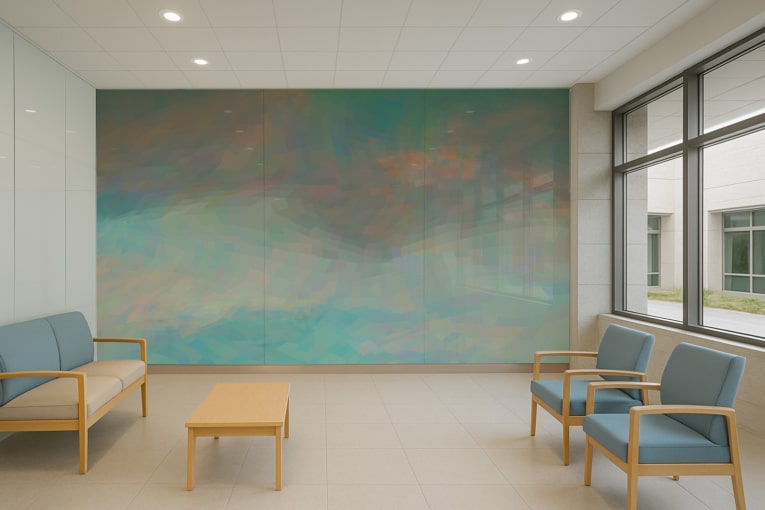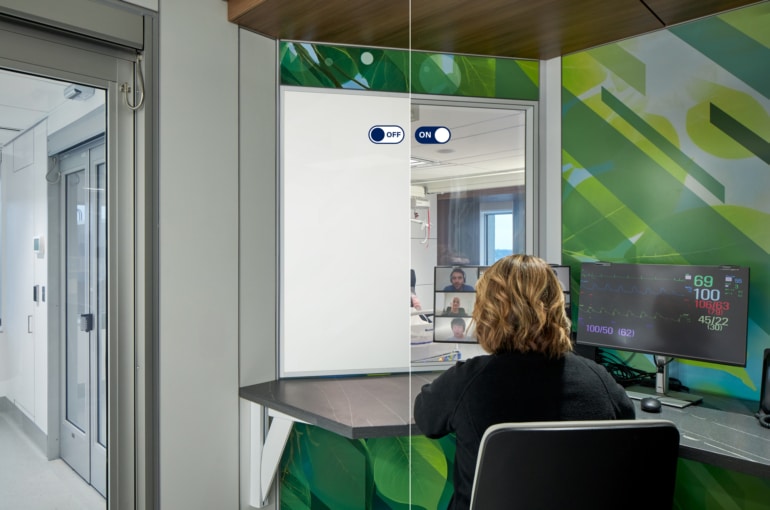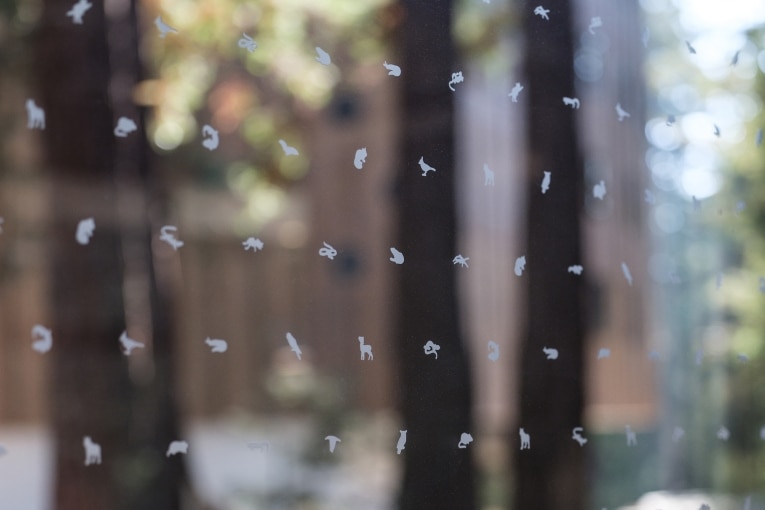PVC, or polyvinyl chloride, is a common material used in a variety of products, including glass film. However, concerns about the environmental impact of PVC have led to the development of PVC-free alternatives. This blog post will explore the differences between PVC and PVC-free decorative glass film and the benefits of choosing a PVC-free option.
PVC is a synthetic plastic polymer that has been used for decades in a wide range of products, from pipes and flooring to window film and roofing. However, the production and disposal of PVC can significantly negatively impact the environment. PVC is made from petroleum, a non-renewable resource, and the production process releases pollutants such as dioxins and VOCs (volatile organic compounds) into the air.
On the other hand, PVC-free glass film is made from materials that do not contain PVC. Some popular alternatives include polyester, polypropylene, and EVA (ethylene-vinyl acetate). These materials are often derived from renewable resources such as corn starch or plant-based plastics and have a lower environmental impact during both production and disposal.
Skyline Design’s Film Studio PVC-free polyester film with the water-based adhesive is an environmentally friendly alternative to vinyl films made of PVC, a Red List chemical that often contains other Red List ingredients such as cadmium, lead, and phthalates.
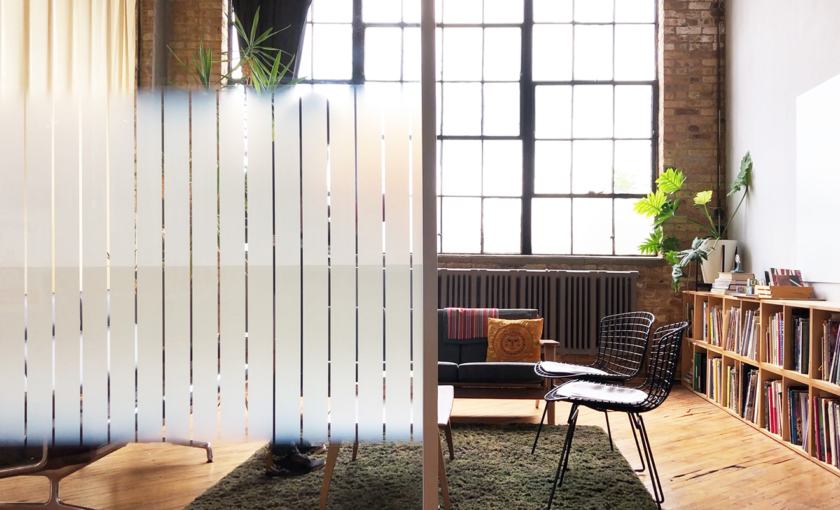
PVC production and disposal can have significant environmental consequences, while PVC-free alternatives are often made from renewable resources and do not release harmful pollutants into the air. Additionally, PVC-free glass film is often more durable and resistant to heat, making it a more practical choice for many applications.
Another benefit of PVC-free decorative glass film is that it is often less expensive than PVC film. PVC is a synthetic plastic polymer, and its production process is often energy-intensive and costly. PVC-free alternatives, on the other hand, are often made from renewable resources and have a more streamlined production process, making them less expensive for consumers.
Lastly, PVC-free glass film is often a safer option for both people and the environment. PVC is known to release harmful toxins into the air and can be dangerous to work with. PVC-free alternatives are often made from safer materials and are less toxic, making them a more responsible choice for both people and the environment.
PVC-free glass film is a more sustainable, practical, and safe option than PVC film. It is made from renewable resources, is more durable, and is less expensive. It is also safer for both people and the environment. As consumers, we have the power to make a difference by choosing products that are better for the planet and ourselves. By choosing PVC-free glass film, we can reduce our impact on the environment and contribute to a more sustainable future.
Select patterns from Skyline Design’s designer collections available on a PVC-free polyester film for installation on new and existing architectural glass, plexiglass, and steel surfaces. It helps spaces evolve with an immediate solution using printed film—delineating public and private spaces.
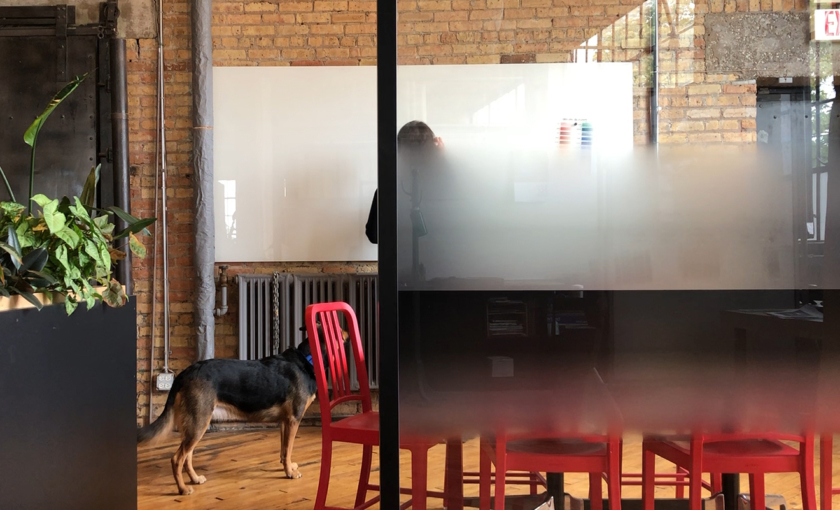
Stay in the Glass Loop
Get the latest Skyline news and product info delivered to your inbox.
